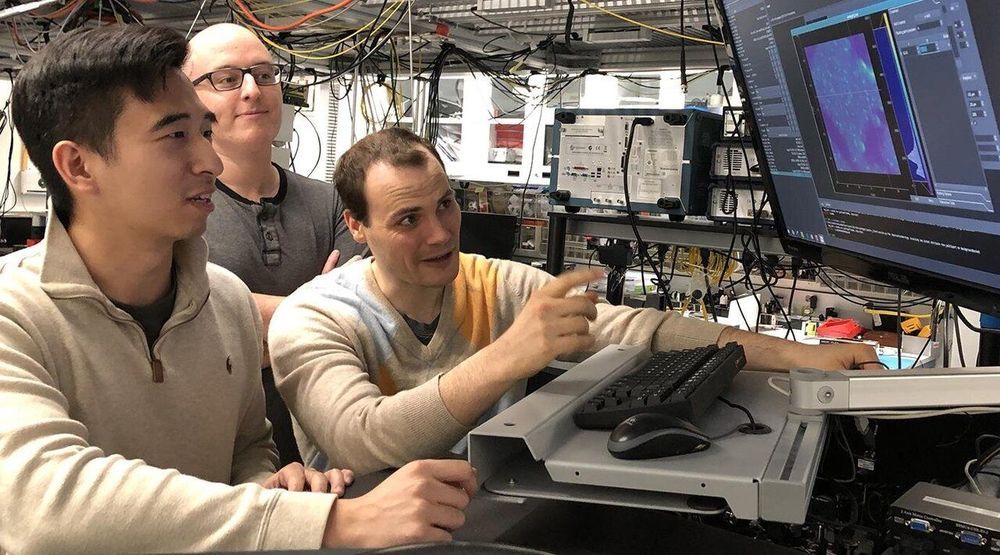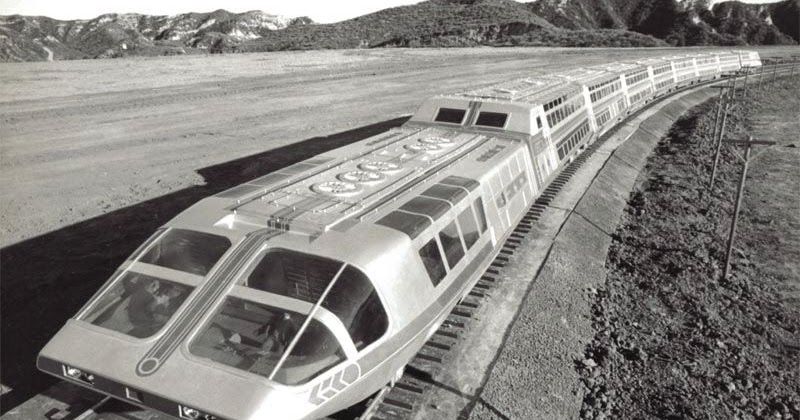China’s ART has succeeded where its “Straddling Bus” could not, launching for commercial use for the first time in the Sichuan city of Yibin.
Dubbed the “Autonomous Rail Rapid Transit,” the ART is essentially a driverless tram that runs on “virtual rails” mapped out by cameras and censors — so, it’s kinda like a bus too.
The Yibin ART T1 line extends for 17.7 kilometers. It’s expected to serve more than 10,000 passengers daily, a number that will go up to 25,000 once the line is extended to a high-speed railway station.







